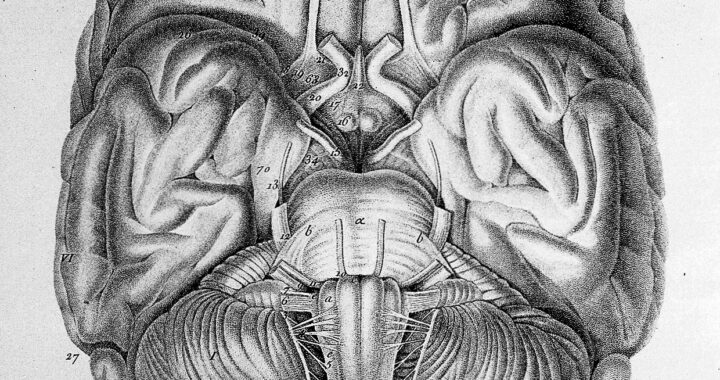Understanding How Trauma Affects the Brain and the Role of Cannabis in Trauma Recovery
by Wendy Love Edge
Trauma can exert a profound impact on the brain, triggering various psychological and physiological responses. The brain processes trauma primarily in the following areas:
-
Amygdala: Responsible for processing emotions, especially fear and threat-related emotions, and activating the “fight or flight” response in trauma.
-
Hippocampus: Involved in memory consolidation, leading to fragmented or vivid traumatic memories and difficulty distinguishing past from present experiences in trauma.
-
Prefrontal Cortex: Regulates emotions, decision-making, and impulse control, with trauma potentially impairing these functions.
-
Hypothalamus-Pituitary-Adrenal (HPA) Axis: Key in the body’s stress response system, trauma can dysregulate it, leading to overproduction of stress hormones like cortisol.
-
Anterior Cingulate Cortex (ACC): Involved in processing emotional pain and regulating distressing emotions, trauma can cause hyperactivity here.
-
Brainstem and Autonomic Nervous System (ANS): Control vital functions like heart rate, respiration, and arousal levels, which can be disrupted by trauma.
-
Neuroplasticity: Trauma can lead to structural and functional changes in the brain, contributing to post-traumatic symptoms and long-term consequences.
It’s essential to recognize that the brain’s response to trauma varies among individuals, and not everyone experiencing trauma develops post-traumatic stress disorder (PTSD) or related disorders. Nevertheless, comprehending how trauma affects the brain is crucial for effective treatments and interventions, such as brainspotting and mindfulness techniques. Seeking guidance from trauma-informed professionals, coaches, and mental health experts can provide invaluable support for trauma survivors.
The potential role of cannabis in improving trauma responses in the brain and body is a topic of interest. The Endocannabinoid System (ECS) plays a pivotal role in regulating various physiological processes, including mood, stress response, immune function, and pain perception. Cannabis, with its phytocannabinoids like THC, CBD, CBG, and CBN, can interact with the ECS in several ways:
-
Modulation of Anxiety and Stress: CBD in cannabis has shown potential in reducing anxiety and stress responses by interacting with ECS receptors, possibly providing relief for trauma-related anxiety.
-
Emotional Regulation: The ECS’s role in regulating emotional responses may be influenced by cannabis, potentially aiding in managing trauma-related emotions.
-
Sleep Improvement: Cannabis strains with higher CBD content, along with CBN, may enhance sleep quality, offering relief from trauma-induced sleep disruptions.
-
Pain Management: Cannabis can provide pain relief for individuals with physical trauma or chronic pain related to traumatic experiences by engaging ECS receptors associated with pain perception.
Individual responses to cannabis can vary, depending on factors such as the strain and method of consumption. Consulting healthcare professionals knowledgeable about cannabis therapy and trauma is crucial to select appropriate strains, dosages, and consumption methods.
Cannabis should be considered as part of a holistic approach to trauma recovery, complementing evidence-based therapies like brainspotting, counseling, or psychotherapy. It can enhance alternative methods such as inner child work, shadow work, and Reiki when used appropriately.
In conclusion, trauma profoundly affects the brain’s ability to maintain homeostasis, but various treatments can aid in healing and creating new connections. Cannabis, with its potential to influence the endocannabinoid system and create homeostasis, may benefit individuals dealing with trauma-related issues when used in conjunction with other treatments like brainspotting. However, medicinal cannabis use for this purpose should always be guided by health and wellness professionals well-versed in cannabinoid medicine.
For more information and guidance, please visit our website: Edge Coaching and Consulting
Cannabis education, brainspotting, spiritual counseling, lifestyle coaching
Article republished with permisssion.
Source: Understanding How Trauma Affects the Brain and the Role of Cannabis in Trauma Recovery
